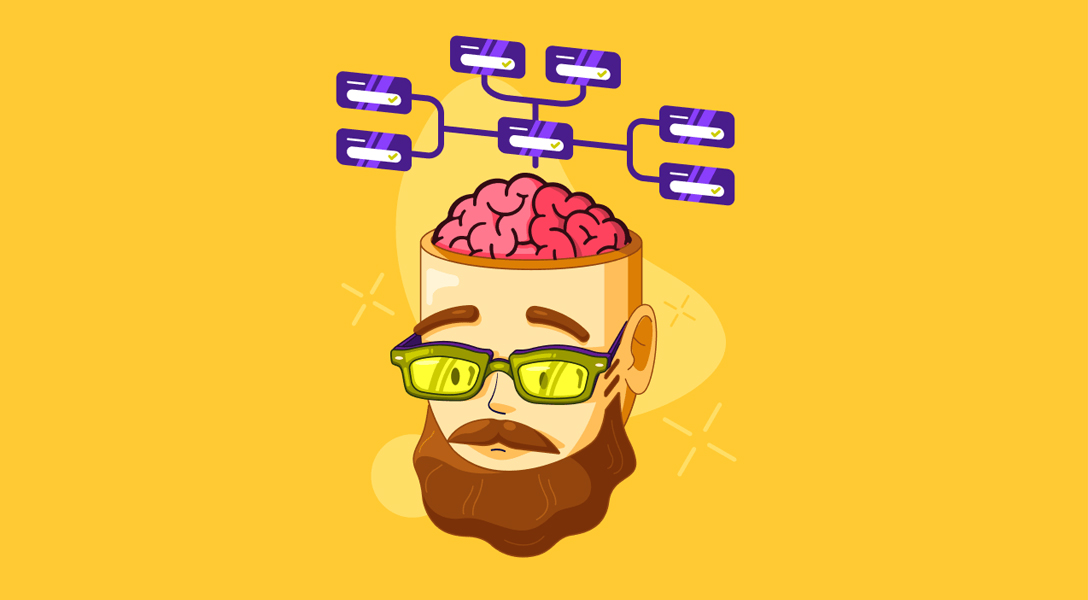At Gian Jyoti Institute of Management and Technology (GJIMT), we emphasize the importance of problem-solving methodologies in preparing students for real-world challenges. These methodologies encourage students to develop critical thinking and analytical skills by working on practical problems. To enhance this approach, we integrate a variety of Information and Communication Technology (ICT) tools that help students analyze data, solve complex issues, and innovate solutions for modern-day business, management, and technology challenges.
We use industry-standard data analysis tools such as SPSS, R, and Python to enable students to work with complex data sets. These tools allow students to draw insights from data, helping them develop solutions grounded in empirical evidence.

At GJIMT, students are given access to real-world business scenarios through case study platforms such as Harvard Business Review, MIT Sloan Management Review, and JSTOR. These platforms allow students to develop problem-solving strategies by analyzing real-life case studies.

To help students approach problems systematically, we incorporate mind mapping and concept mapping tools like MindMeister and CmapTools. These tools allow students to visualize problems, brainstorm solutions, and organize their ideas clearly.

Students are encouraged to use online case study platforms and research repositories like Case Selections (hbr.org) and ICMR India to enhance their understanding of problem-solving in the business world.

Collaborative platforms like Google Meet, Zoom, and Slack are used at GJIMT to facilitate group problem-solving exercises and discussions. These tools allow students to collaborate, share ideas, and develop solutions collectively.

At GJIMT, we focus on developing strong problem-solving skills by integrating ICT tools that support data analysis, case study research, and collaborative brainstorming. These tools empower students to think critically, approach problems methodically, and develop innovative solutions grounded in real-world scenarios. By incorporating these methodologies into our curriculum, we prepare students to face complex challenges head-on and succeed in their chosen fields.